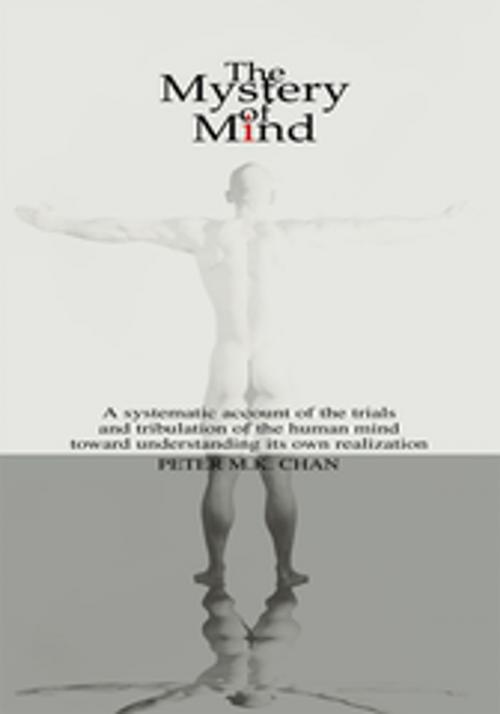The Mystery of Mind
A Systematic Account of the Human Mind Toward Understanding Its Own Realization
Nonfiction, Religion & Spirituality, Philosophy, Mind & Body, Health & Well Being, Psychology| Author: | Peter M.K. Chan | ISBN: | 9780595805846 |
| Publisher: | iUniverse | Publication: | June 10, 2003 |
| Imprint: | iUniverse | Language: | English |
| Author: | Peter M.K. Chan |
| ISBN: | 9780595805846 |
| Publisher: | iUniverse |
| Publication: | June 10, 2003 |
| Imprint: | iUniverse |
| Language: | English |
The Mystery of Mind is a systematic and critical introduction to the philosophy of mind. At issue is what is known as the mind-body problem. How does a body support a mind with its brain?
Pivotal to the book is the author's working out of an adverbial concept of mind that is user-friendly to the materialist cause. It is upon the strength of this adverbial concept that the author has come to hold that the conceptual gap between the neurobiological and the psych-cognitive could in fact be bridged. It is also the author's contention that despite shortcomings of other materialist approaches that have been taken in our time, an intelligible case for the truth of materialism could still be made in the form of a biological emergent two-aspect scenario, i.e., when the adverbial concept of mind he advocates is also brought to bear.
All in all, what The Mystery of Mind offers is a systematic introduction to one of the living philosophical issues that have engaged the human intellects for more than two thousand years. This is also the central issue that has motivated research in artificial intelligence, cognitive psychology, neuroscience, and the philosophy of mind in our time.
The Mystery of Mind is a systematic and critical introduction to the philosophy of mind. At issue is what is known as the mind-body problem. How does a body support a mind with its brain?
Pivotal to the book is the author's working out of an adverbial concept of mind that is user-friendly to the materialist cause. It is upon the strength of this adverbial concept that the author has come to hold that the conceptual gap between the neurobiological and the psych-cognitive could in fact be bridged. It is also the author's contention that despite shortcomings of other materialist approaches that have been taken in our time, an intelligible case for the truth of materialism could still be made in the form of a biological emergent two-aspect scenario, i.e., when the adverbial concept of mind he advocates is also brought to bear.
All in all, what The Mystery of Mind offers is a systematic introduction to one of the living philosophical issues that have engaged the human intellects for more than two thousand years. This is also the central issue that has motivated research in artificial intelligence, cognitive psychology, neuroscience, and the philosophy of mind in our time.















